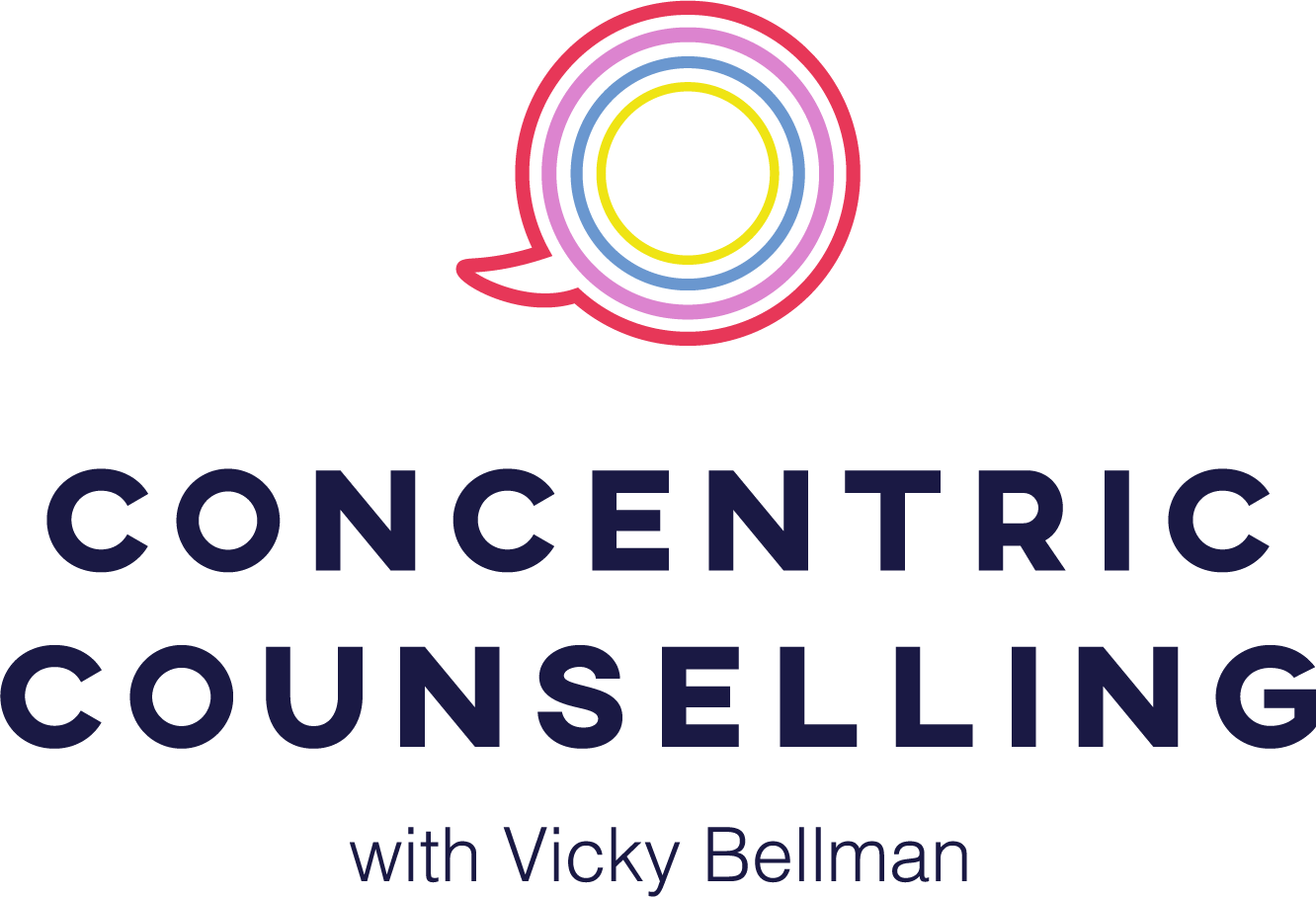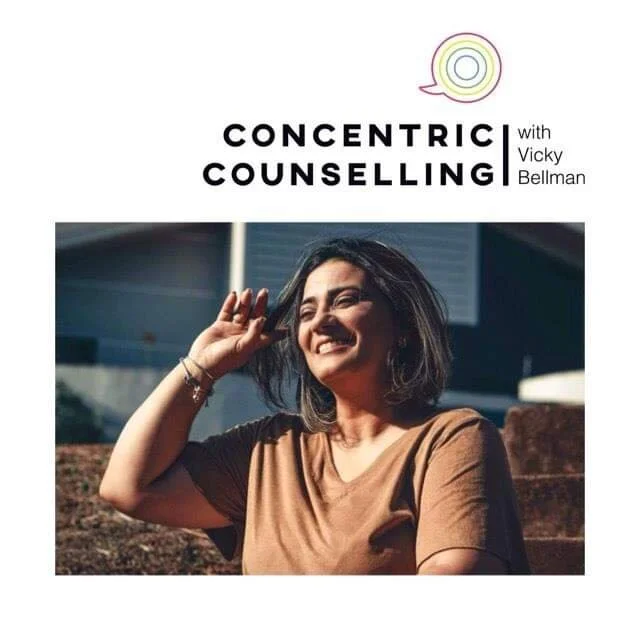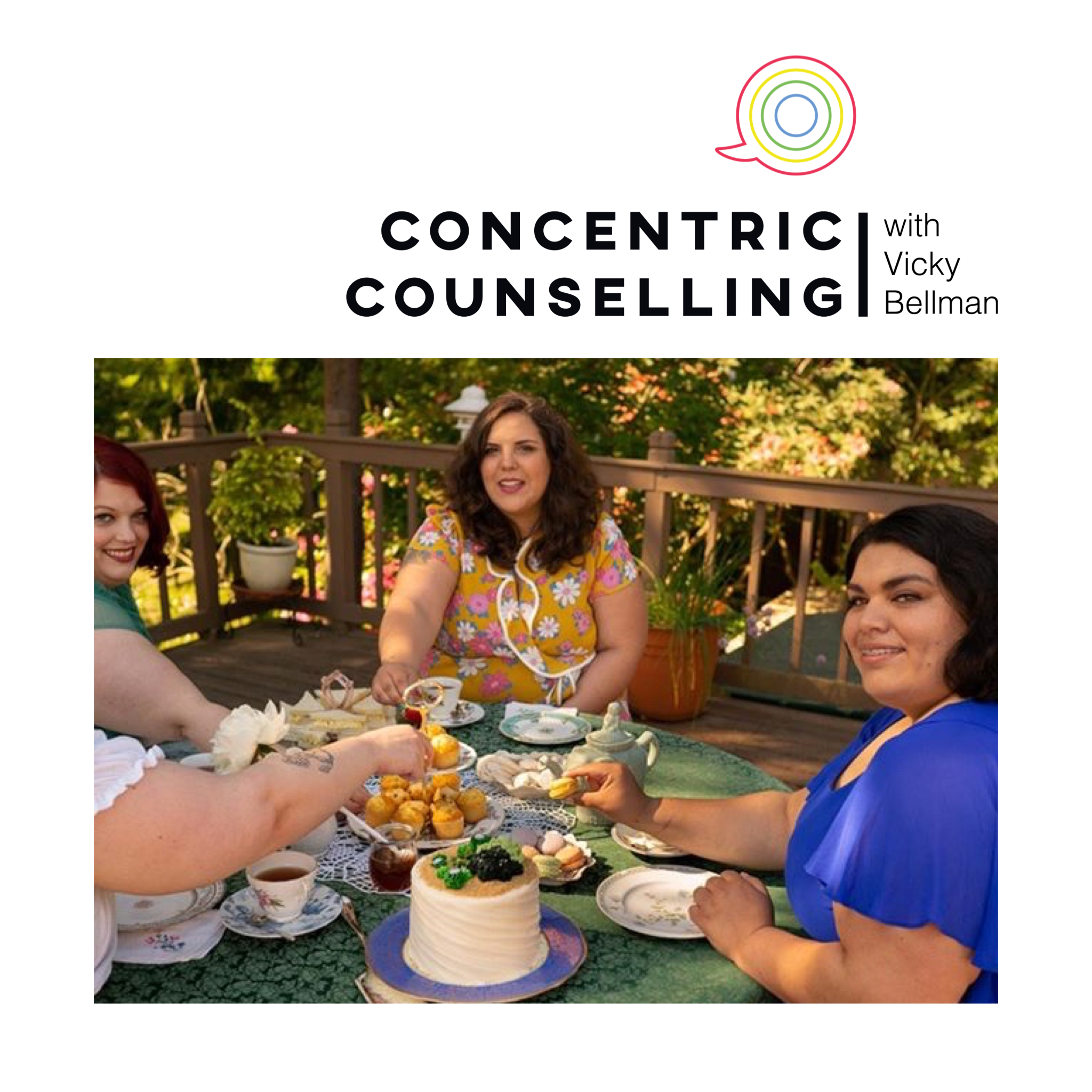In an experience of disordered eating or eating disorders, food gets reduced to the bare minumum of what it represents - energy units. Counting and controlling, we forget all the other reasons why we eat. Recovery restores to us all the potential of food - all its wonderful satisfaction and nourishment - yes, physically, but also mentally, emotionally and spiritually.
Read Morewelcome to the concentric journal
In a constant state of food obsession, your interactions with others can be affected - feeling more tense, strained and full of friction. When energy intake is restricted and controlled, our relationships can be tested - scarcity creates irritability and snappiness. As the eating disorder attempts to distort and disconnect you from your own body, your relationships can feel distorted and lack connection as well.
Read MoreWhen I meet people struggling with a disordered relationship with food, whether or not they think are ‘sick enough’ to consider they have an eating disorder, one unifying issue is just how much time they have to devote to their relationship with food. Food obsession and intrusive, persistent thoughts can take up hours, days and months of life, until it becomes hard to focus on anything else…
Read MoreYesterday, I wrote about how recovery can help restore our sense of self, and today I want to talk about how recovery can restore… core wisdom…
Read MoreFor Eating Disorder Awareness Week, with the themes 'come as you are' (US theme) and 'breaking down barriers' (UK theme), it's an opportunity for professionals to reflect on our practice, and ensure that they are really 'walking the walk'.
Read MoreWhen research shows that atypical anorexia is three times more prevalent than of sufferers have a higher BMI, we see that atypical anorexia is actually… typical.
Read More
















